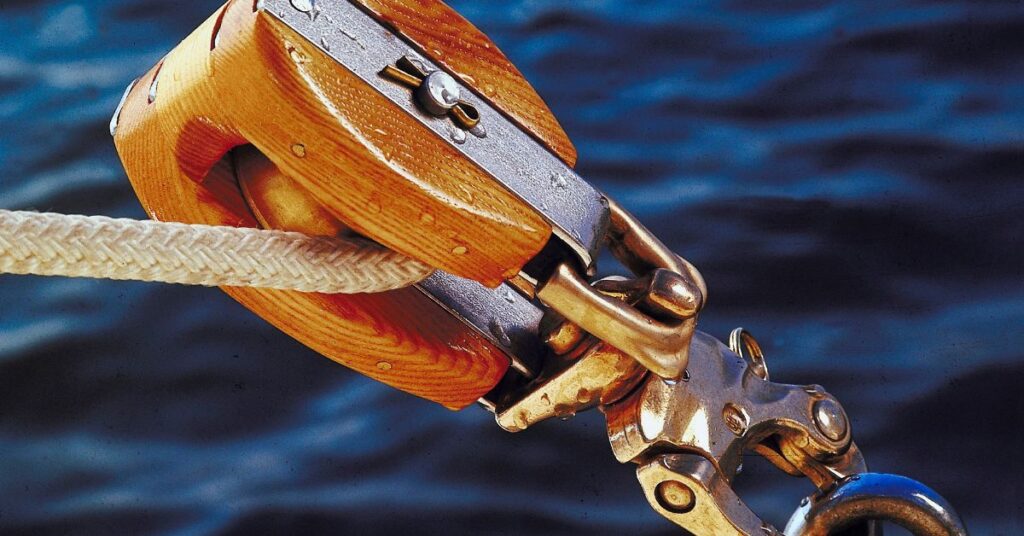Search and find products in our Catalogue
Enter the product name, part number or cross-reference below...

Fasteners in Marine Applications
Fasteners may seem like a minor component in marine environments but they are important for fastening things together with tough conditions. Exposure to saltwater, humidity, and extreme weather conditions requires high durability and corrosion resistance. Selecting the right fasteners ensures the longevity and reliability of marine structures, boats, docks, and offshore equipment.
Challenges of Marine Environments
Saltwater is highly corrosive which accelerates oxidation and weakens metal components overtime. Additionally, the constant exposure to moisture and varying temperatures contribute to material degradation. It’s important that fasteners are able to withstand these elements while maintaining structural integrity under heavy loads and dynamic forces from waves and wind.
Ideal Materials for Marine Fasteners
Choosing the appropriate material is essential for preventing corrosion and ensuring long-term performance in marine applications.
- Stainless Steel: While 304 stainless steel offers general corrosion resistance, 316 stainless steel is the best choice for marine environments. It’s more resistant to corrosion.
- Silicon Bronze: Known for its excellent corrosion resistance and strength, silicon bronze is often used in wooden boat construction and marine hardware.
- Titanium: Highly resistant to corrosion and extremely strong, titanium fasteners are ideal for high-performance marine applications, though they are more expensive and less commonly available.
Protective Coatings and Treatments
In addition to material, the coating and treatments can enhance the longevity of marine fasteners:
- Zinc Coating: Provides basic corrosion resistance but may wear down in prolonged saltwater exposure.
- Electropolishing: A process that removes surface impurities and enhances the natural corrosion resistance of stainless steel.
- Teflon and Ceramic Coatings: These coatings create a protective barrier against saltwater and chemical exposure.
- Anodizing: Common for aluminum fasteners, anodizing increases resistance to corrosion and wear.
Best Practices for Marine Fastener Selection
When choosing fasteners for marine use, consider the following best practices:
- Match Materials: Using similar metals for fasteners and structure material is best. If using you’re using different metals it can lead to galvanic corrosion which results in one material deteriorating faster.
- Use Sealing and Anti-Seize Compounds: Applying sealants or anti-seize lubricants can protect against moisture and thread seizing from corrosion.
- Inspect and Maintain: Ensure you’re performing regular inspections and maintenance to prevent structural failures. Replace fasteners if required.
- Choose the Right Fastener Type: The most popular types of fasteners for marine applications are self-drilling screws, lag bolts, and machine screws. If you’re unsure what you require, consult an engineer to determine the best fit for your structural needs and load requirements.
The hard conditions of marine environments require high quality fasteners that are corrosion resistant. By selecting the right material, finish, and type of fastener, you can help ensure your structure will last. Although some of these materials may be more expensive, it’s worth investing it to ultimately ensure safety, reliability, and longevity. If you need assistance sourcing corrosion resistant fasteners, please reach out to our sales team anytime via email or call us at 519-653-4558!